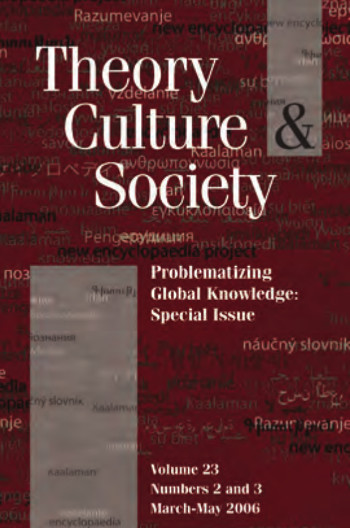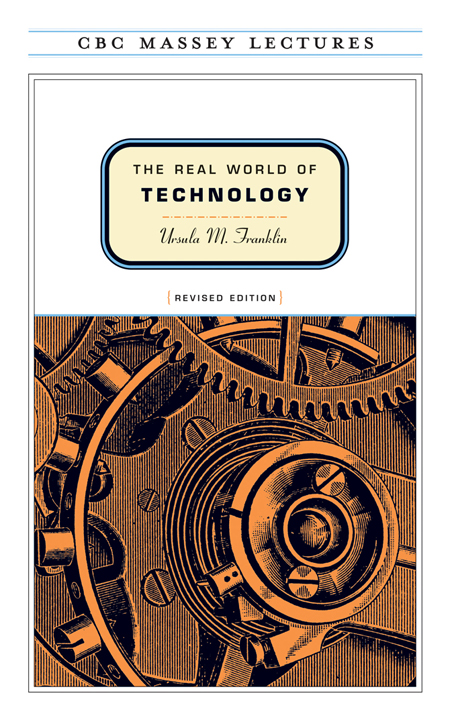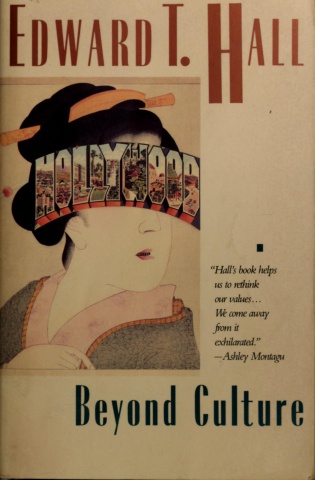Theory, Culture & Society 23(2-3): Problematizing Global Knowledge (2006)
Filed under book, journal | Tags: · aesthetics, archive, assemblage, body, classification, culture, encyclopedia, globalisation, information, knowledge, knowledge production, language, library, life, logic, media, modernity, network, public sphere, race, religion, science, space, technology, theory, time, translation, university, vitalism

In this special issue the TCS editorial board, along with colleagues in East and South-East Asia and other parts of the world, ventured in ‘encyclopaedic explorations’ in order to “rethink knowledge under the impact of globalization and digitization. The issue features over 150 entries and supplements on a range of topics which are addressed in terms of their relevance to knowledge formation, by contributors writing from a wide range of perspectives and different parts of the world. The entries and supplements are gathered under three main headings: metaconcepts, metanarratives and sites and institutions.”
Edited by Mike Featherstone, Couze Venn, Ryan Bishop and John Phillips, with Pal Ahluwalia, Roy Boyne, Beng Huat Chua, John Hutnyk, Scott Lash, Maria Esther Maciel, George Marcus, Aihwa Ong, Roland Robertson, Bryan Turner, Shiv Visvanathan, Shunya Yoshimi
With an Introduction by Mike Featherstone and Couze Venn
Publisher Sage, 2006
616 pages
Ursula Franklin: The Real World of Technology (1990–)
Filed under book | Tags: · labour, machine, society, technology, time

“In her 1989 CBC Massey Lectures, renowned scientist and humanitarian Ursula M. Franklin examines the social and political effects of technology. For her, technology is much more than machines, gadgets or electronic transmitters. It is a comprehensive system that includes methods, procedures, organization, “and most of all, a mindset”. She distinguishes between holistic technologies used by craft workers or artisans and prescriptive ones associated with a division of labour in large-scale production. Holistic technologies allow artisans to control their own work from start to finish. Prescriptive technologies organize work as a sequence of steps requiring supervision by bosses or managers. Franklin argues that the dominance of prescriptive technologies in modern society discourages critical thinking and promotes “a culture of compliance”.
The revised edition features four added chapters, in which Franklin tackles issues such as the dilution of privacy and intellectual property rights, the impact of the current technology on government and governance, the shift from consumer capitalism to investment capitalism, and the influence of the Internet upon the craft of writing.
Franklin acknowledges her intellectual debt to Jacques Ellul, Lewis Mumford, C.B. Macpherson, E. F. Schumacher and Vandana Shiva, among others.”
Publisher CBC Enterprises, Montréal, 1990
ISBN 0887943756
132 pages
Revised edition
Publisher House of Anansi Press, Toronto, 1999
ISBN 088784636X, 9780887846366
xii+209 pages
via seasounds, in the Unlimited Edition
Publisher (1999)
WorldCat (1999)
PDF (1990, 4 MB, added on 2021-2-27)
EPUB (rev.ed., 1999)
Audio recording
Edward T. Hall: Beyond Culture (1976)
Filed under book | Tags: · anthropology, brain, communication, culture, education, japan, language, memory, space, technology, time

“Edward Hall’s fifth book is both a summary of many themes first raised in his volume on proxemics in 1959 and a fresh insight more reminiscent of a psychologist than an anthropologist. The psychological flavor appears epigramatically in a double index to the book. First there is the ‘Index of IDEAS and techniques of TRANSCENDENCE’. Immediately following is an ‘Index of Themes’ in addition to the normal index one finds in most textbooks. The indexes signal a selfconsciousness of the main proposition advanced by Hall, viz., ‘What is called for is a massive cultural literacy movement that is not imposed but springs from within.’ This movement of the collective individual would begin to relieve the two cultural crises in the contemporary world of human experience. One crisis is the population/environment connection and the other, ‘equally lethal’, is man himself.
The analysis offered by Hall covers 15 chapters beginning with the paradoxical nature of culture, where persons and their mechanical/technological extensions are confused. In a populist flourish, Hall labels this tendency the ‘E.T. screen’. An Extension Transference emerges where one intellectually confuses an extension with the process extended. Hall readily admits this issue is not new, being the focus of the Korzybski heritage of General Semantics. Yet, Hall does make the heuristic point that culture per se is now a prime, systematic example of ET.” (from a review by Richard L. Lanigan, American Anthropologist, 1978)
Publisher Anchor Books, 1976
ISBN 0385124740, 9780385124744
320 pages
Review (Marc R. Tool, Journal of Economic Issues, 1977)
PDF (29 MB, no OCR)
See also his monograph The Silent Language, 1959.

